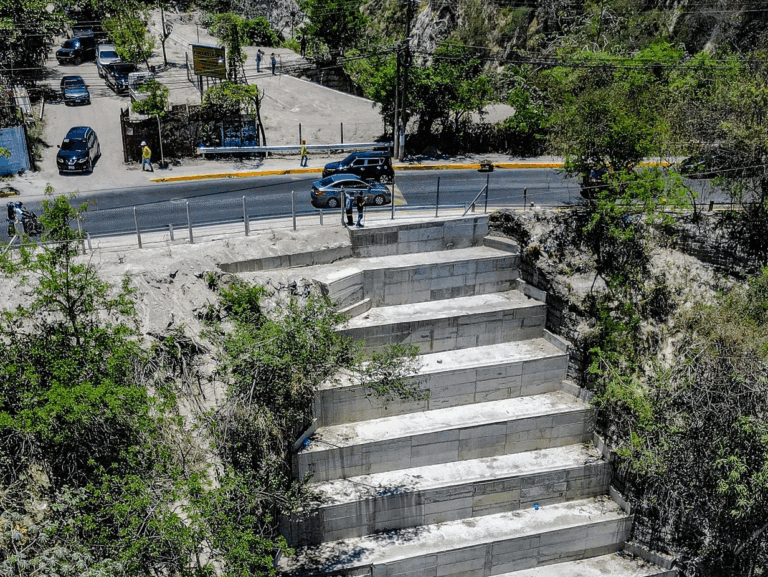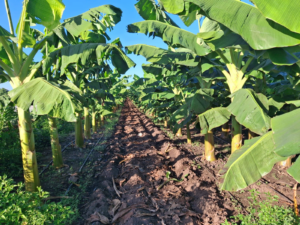Around US$2 million was invested in mitigation works in the Las Pavas ravine, between Ilopango and Tonacatepeque, where the risk of gullies threatened the safety of some 15,000 families. The project, supported by the Inter-American Development Bank, restores road connectivity and strengthens protection against the impending rainy season.

The works included the construction of 18 stone and concrete dissipation steps, the installation of more than 500 meters of masonry walls, and earthworks to stabilize the terrain. These interventions are intended to control runoff and prevent landslides that could compromise the area.
The road infrastructure was also recovered: a collapsed sidewalk was rebuilt and the affected lane was reopened, thus improving the population’s mobility. According to the head of the Ministry of Public Works, Romeo Rodríguez, this is only one of the multiple interventions being carried out nationwide.

The intervention in Las Pavas sets a precedent for how a well-directed investment can transform the lives of thousands. In addition to improving the quality of life, these actions strengthen the capacity to respond to climate emergencies.

This strategy reaffirms a risk management model that prioritizes community well-being and investment in resilient infrastructure. These works not only mitigate immediate risk, but also lay the foundations for a safer future. Investment in prevention thus becomes a powerful economic tool with long-term social impact.
You may also be interested in







